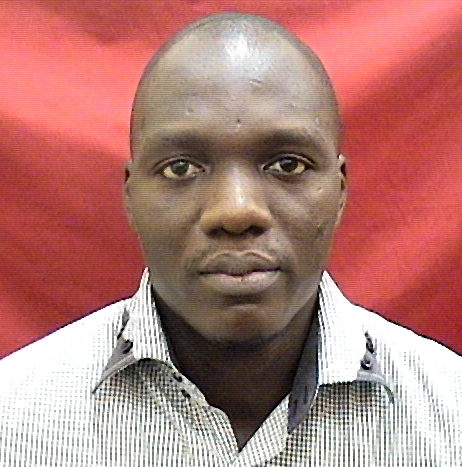Research Areas/Interests
His Research interest is in Haematological Cancers and Haemoglobinopathies in the areas of:
Cancer biology and immunology
A better understanding of biology and immunology of cancer cells is critical for early diagnosis and application of targeted effective treatment. Cancer cells acquire critical genomic mutations that drive tumor evolution and paralyze defense mechanisms involved in DNA damage repair, immune surveillance and apoptosis induction. A better understanding of these mechanisms could open Novel avenue for early diagnosis and effective targeted intervention,
Our research focuses on delineating molecular and cellular pathways and exploration of phenotypic changes involved in tumor evolution and intercellular cross-talks that underlies treatment failures.
DNA damage response interactions in tumor microenvironment
Loss of genomic integrity is major cause of cancer. The DNA damage response (DDR) system orchestrate complex network of integrated pathways that detect and repair genomic damage and replication challenges to restore integrity. Mutation of certain genes in DDR force tumor cells reliance on alternative pathways whose inhibition causes synthetic lethality. However activation of DDR also induces tumor cells secretions which revamp effective functions of immune phagocytic cells.
Our research focus on identifying critical DDR genes relevant to secretory phenomenon of tumor cells and explore chemo-immunotherapeutic strategies including immune checkpoint inhibition that promote effective tumor cells elimination.
Systemic and Palliative Interventions in severity/complications of Sickle cell diseases
Sickle cell disease (SCD) is a monogenic haemolytic disorder characterized by acute and chronic deterioration of organ function. The genetic cause of the disease is a mutation of the beta globin gene that result in formation of a mutant haemoglobin S (HbS) which polymerizes under low oxygen tension. HbS is most prevalent in sub-Saharan Africa with incidence of SCD ranging from 1-5% in most population. Formed HbS polymers in RBCs, promote RBC haemolysis, vascular endothelial injury and adhesion which trigger occlusion crises, ischaemia, tissue death and multi-organ failure in SCD patients.
Our research focus on understanding the molecular pathophysiology of pathways and mediators of the sickling crisis and explore both systemic and behavioral palliative measures to promote the quality of life of SCD patients.

